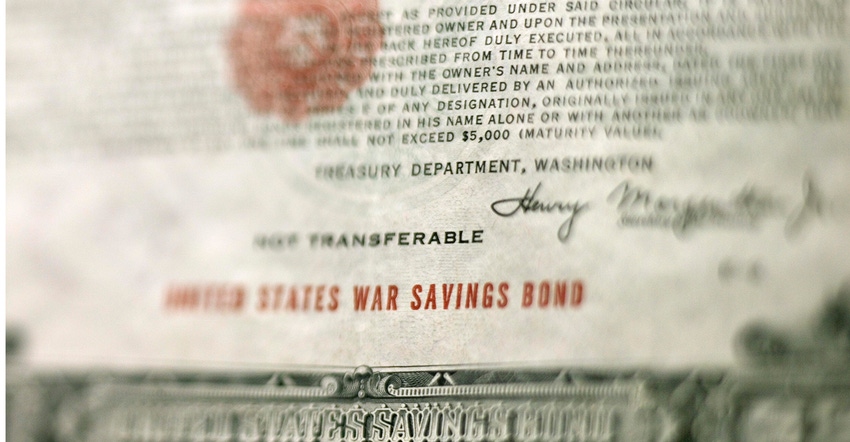July 25, 2017

“The world as we have created it is a process of our thinking. It cannot be changed without changing our thinking.” – Albert Einstein
Facing an angry mob of gun-toting vigilantes that surrounded his farmhouse and invaded his home, my maternal grandfather, John J. Siebert, was given an ultimatum: Either buy war bonds to support the war effort during World War I or face this angry mob, eager to spill blood. Either choice had unimaginable consequences.
His parents were recent Mennonite immigrants from Russia. Born in 1888, Grandpa, a farmer, was a peace-loving, hard-working father of nine children and dedicated husband to his wife, Lena.
The English language was foreign to him, because he was brought up in his early years in the German language. Nevertheless, John understood enough of English and non-verbal threats to know his fate and the lives of his family rested on the decision he had to make.
It was better, he concluded, to remain alive and provide for his large family than to die and leave the fate of his children in the hands of someone else. That day, accompanied by the angry mob, he went to the bank and negotiated a loan of $500, a princely sum in those days (demanded by the mob), and completed his transaction.
Change came to my world on that day, even though I did not exist at the time. I can only speculate how this might have played itself out had my grandfather made a different decision.
Though one may argue he made a compromise of his deeply held religious belief in pacifism, one may also argue his choice reflects a deeper value, that this family was his responsibility and his duty to protect, at all costs.
Fast-forward to this present day; change is inevitable. We can count on it. Upon further reflection of events leading up to the most recent presidential election and beyond, according to the latest government census numbers, white America is slowly losing ground. Current figures show whites, though still a majority, have declined from 63.7% in 2010 numbers to 61.3%, based on 2016 numbers. These are white alone, not including Hispanic or Latino. The latest numbers peg them at 17.8%. And, thrown in for good measure, foreign-born persons constitute 13.2% of the general population.
What does this have to do with agriculture? We do not live in a vacuum, where we are unaffected by changing demographics. As our declining numbers of truly active farmers erode further, it is imperative that we explore new ways to reach out to these representative groups and tell our story about agriculture and food.
Rather than wait for the winds of change to rock our world in ways we do not want, it is imperative we recognize the seeds of change and move forward toward change that is beneficial for everyone, including agriculture.
Penner is as Marion County farmer and past president of the National Association of Wheat Growers. His email is [email protected].
About the Author(s)
You May Also Like




